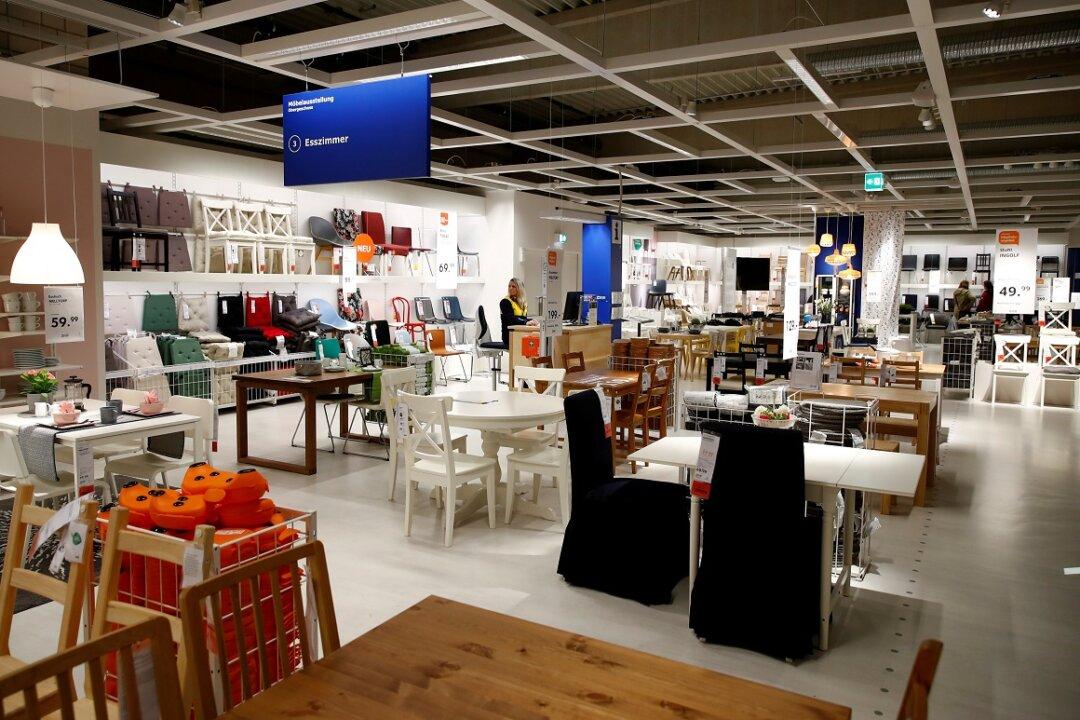Ikea is branching out into real estate and is now offering a tiny home in Japan for less than $1 per month as part of its Tiny Homes apartment rental service campaign.
The Swedish retailing giant, best known for its compact and low-priced furniture, shared details of the new apartment in a release this week.




